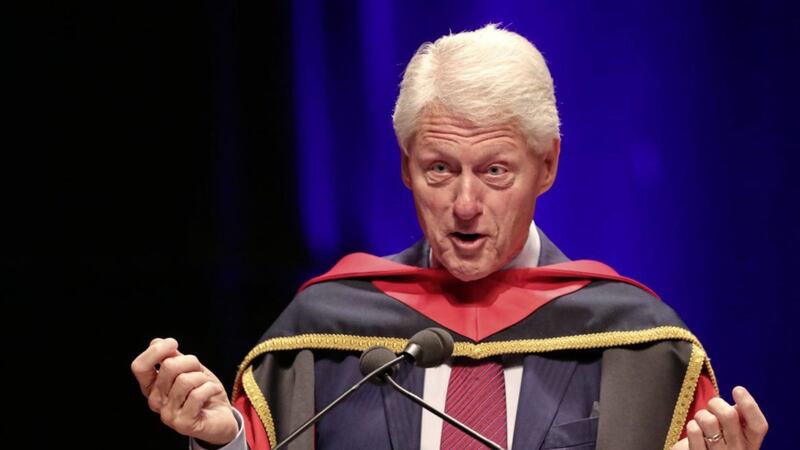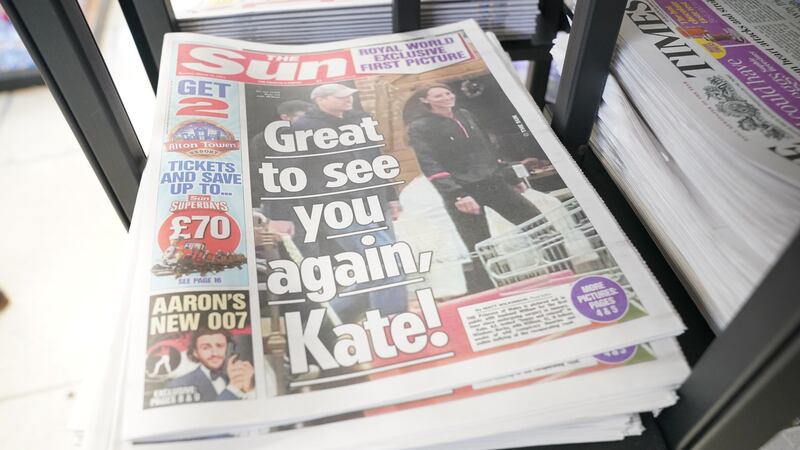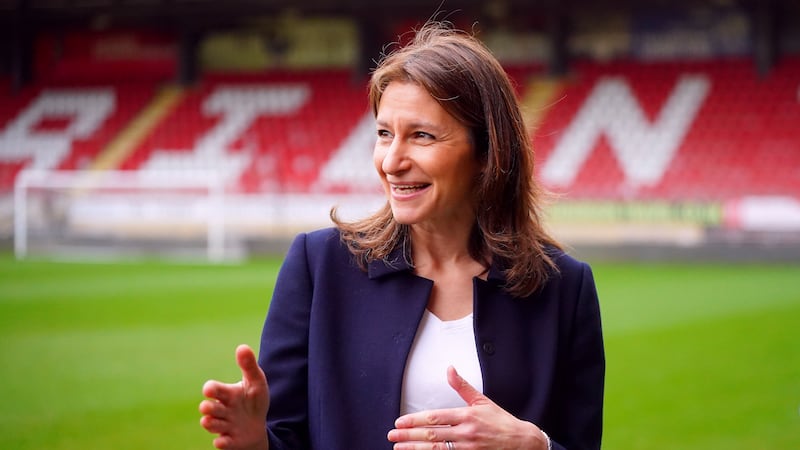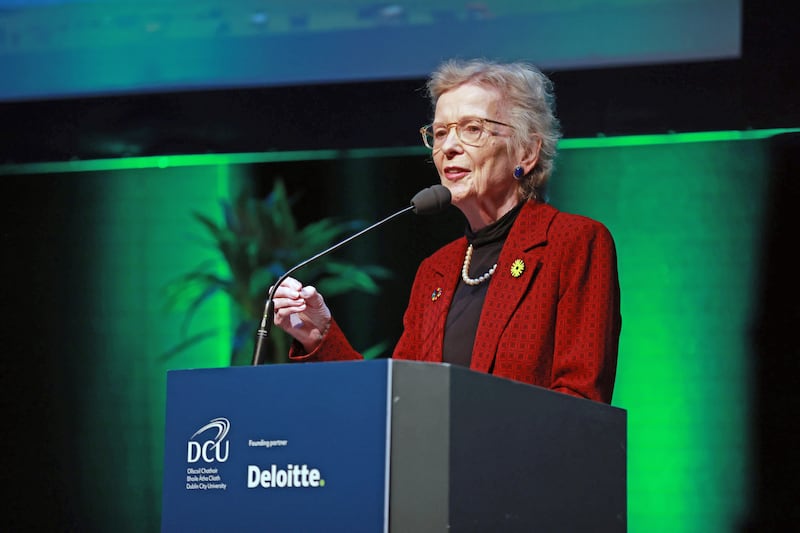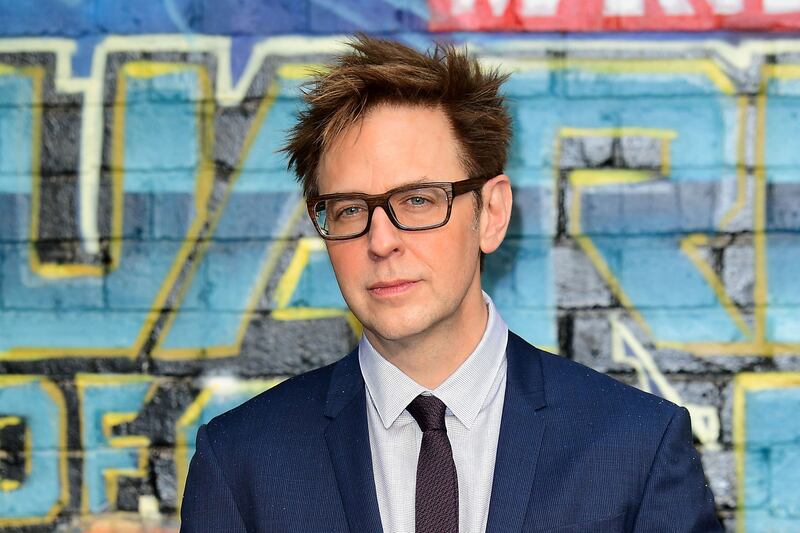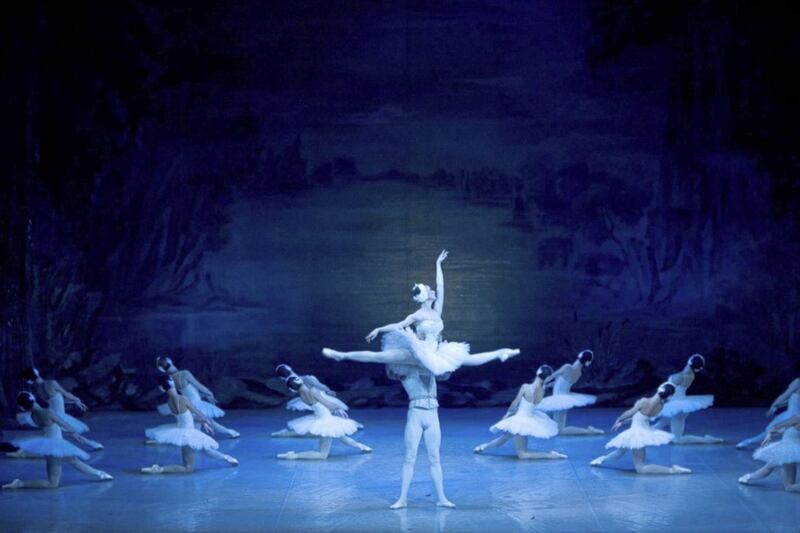BILL Clinton believes many of those who backed Brexit may only now be realising the impact of their decision.
Speaking yesterday as he was honoured by Dublin City University (DCU) for his peace and reconciliation work in the north, the former US president claimed the EU referendum result was about people thinking differences are more important than what they have in common.
His remarks echo recent comments by former US envoy Richard Haass.
The diplomat, who chaired an unsuccessful round of all-party Stormont talks in 2013, told The Irish News last month that the realities of Brexit were now "much more apparent" and that the electorate needed a second referendum.
In his Dublin address, Mr Clinton warned about inequalities and divisions.
"Now, there are lots of people who think they are less human," he said.
"Now given the economic inequalities and the rapid pace of social change and all the upheaval that's going on... people are reassessing whether what we have in common is more important than our differences."
He said a lot of people "begged to differ".
"That's really what the Brexit vote is all about," the former president said.
Mr Clinton was awarded an honorary doctorate of philosophy, DCU's highest honour.
He reflected on his own legacy with the Good Friday Agreement, signed in Belfast in 1998, mid-way through his two terms in the White House.
"The world is now in a conflict whether we should stop our mingling with others at the tribal level or whether communities are better; whether diverse groups make better decisions and create wealth and life and opportunity or homogenous ones do as they don't push us so hard and we feel more secure," he said.
"We can't get away from each other so we should look at our neighbours without regard to their race, religion, their orientation or whatever."
Mr Clinton raised concerns about the rise of nationalist parties in Germany, France, the Netherlands and Austria and also the impact of Brexit.
"All partnerships that are community-based are held together not because everybody agrees with everybody else, not because we don't still have our particular identities, but because co-operation is better than conflict or isolation in any environment in which you must be in touch with others," he said.
"It's a simple proposition but we are re-litigating it now."
Mimicking a voter in the referendum on the UK's place in the EU, he said: "I'm sorry we can't stay together, we had a disagreement. Oh my God, I didn't know I was going to lose that customs thing and all these economic benefits. Why didn't anyone tell me that?"
He described the Good Friday Agreement, meanwhile, as a "wonderful blinding moment of bigness".
"The children of God and humans chose community," he said.
